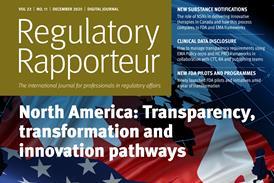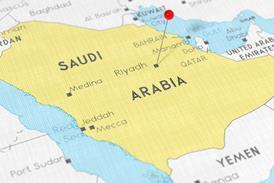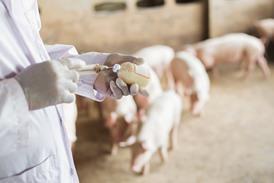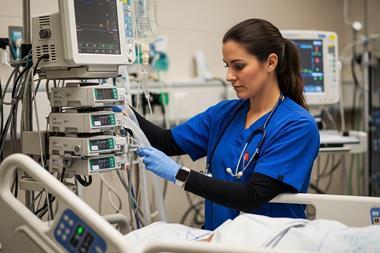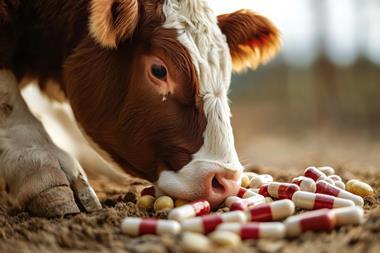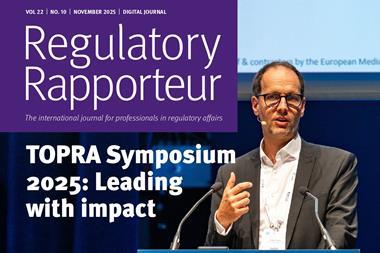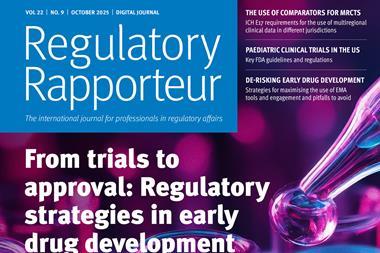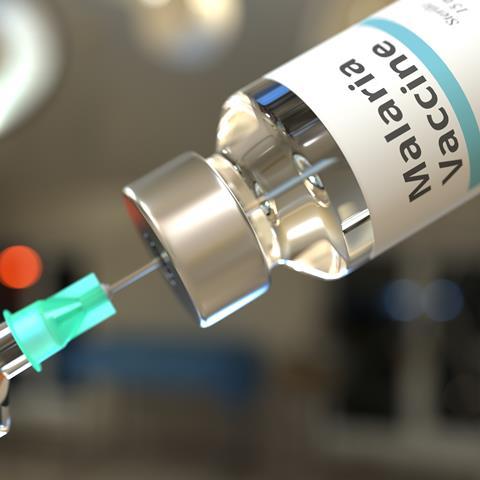
The World Health Organization (WHO) has recommended widespread use of the R21/Matrix-M malaria vaccine in children.
Its endorsement flows from both pre-clinical, and clinical trial, data which has demonstrated that the vaccine has high efficacy levels and a good safety profile in children. The latest phase 3 trial results, published by the WHO, showed that the vaccine demonstrated 75% efficacy over an 18 month period when compared to preventive drugs alone. It was tested in 4,800 children, between the ages of 36 months and 5 years, across four African nations.
Previous phase IIb clinical trials conducted in Burkina Faso reported that the vaccine maintained a high efficacy in children when administered as three doses over the course of a year followed by a booster dose one year later.
R21/Matrix-M is the second WHO-approved malaria vaccine and is hoped will close the gap between low supply and high demand of RTS,S – marketed as Mosquirix – and recommended for use in 2021. It has been given to 1.8 million children in Ghana, Malawi and Kenya and a further 18 million doses are expected to be available from now and 2025. However, this number barely meets 10% of the capacity of stock needed to protect the estimated 40 million children born every year in malaria-affected areas.
This would be represent a significant ‘leap forward’ in the global effort to fight malaria, said Matthew Laurens, a malaria vaccine expert at the University of Maryland, School of Medicine . The vaccine was already licensed in Ghana, Nigeria and Burkina Faso earlier this year based on the earlier trial data.
The Serum Institute of India, which has licensed production of the R21/Matrix-M vaccine, has already established annual capacity for 100 million doses, which will double to 200 million by 2025, according to the WHO.
Adar Poonawalla, CEO of the Serum Institute of India, said: “For far too long, malaria has threatened the lives of billions of people across the globe, disproportionately affecting the most vulnerable amongst us. This is why the WHO recommendation and approval of the R21/Matrix-M™ vaccine marks a huge milestone on our journey to combat this life-threatening disease.”
R21 was developed by Oxford University in collaboration with the Serum Institute.
Further reading:
A Phase III Randomised Controlled Trial Evaluating the Malaria Vaccine Candidate R21/Matrix-M™ in African Children: https://papers.ssrn.com/sol3/papers.cfm?abstract_id=4584076
In landmark decision, WHO greenlights rollout in Africa of the first malaria vaccine: https://www.science.org/content/article/landmark-decision-who-greenlights-rollout-africa-first-malaria-vaccine
Burkina Faso gives R21 malaria vaccine approval in children: https://www.regulatoryrapporteur.org/industry-news/burkina-faso-gives-r21-malaria-vaccine-approval-in-children/401.article



